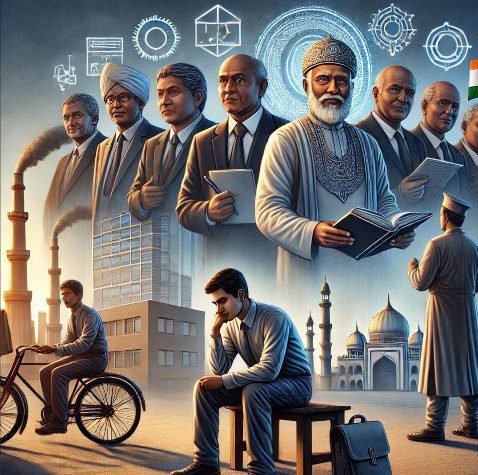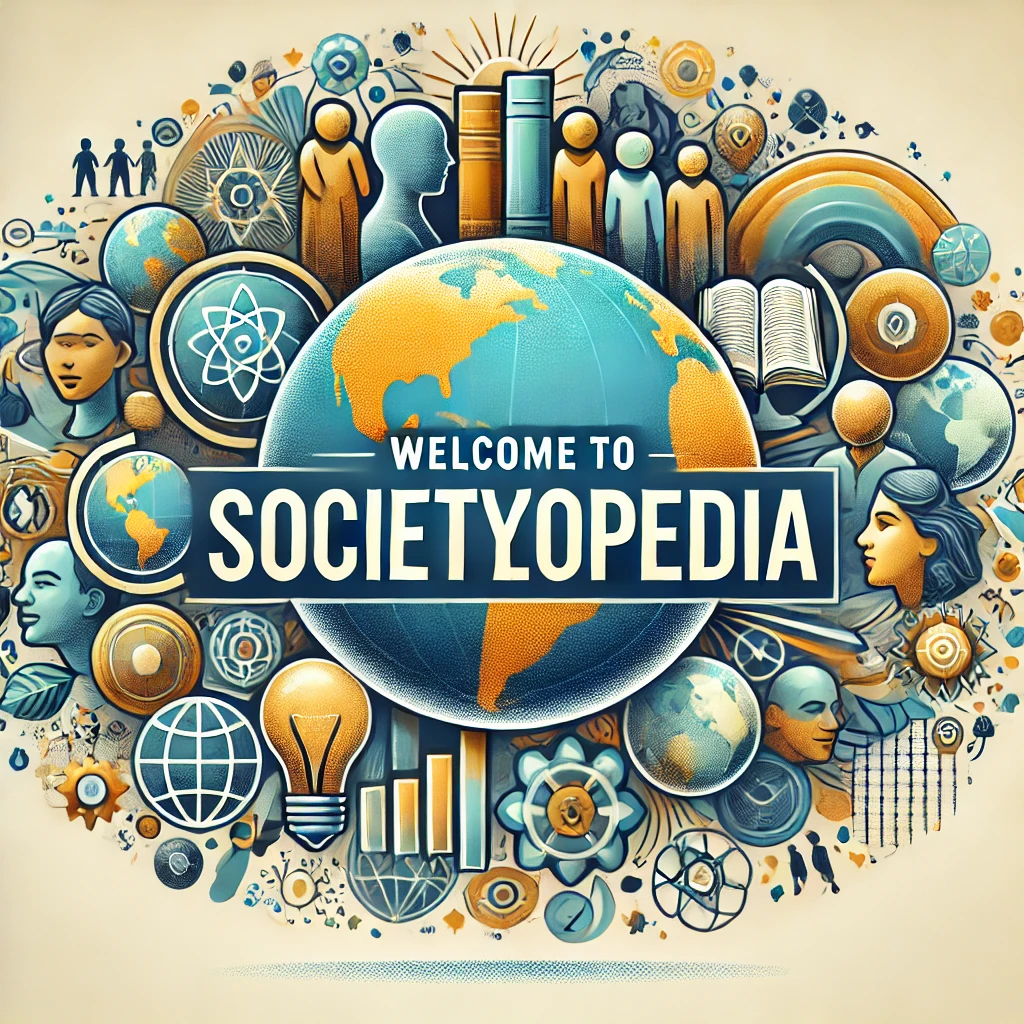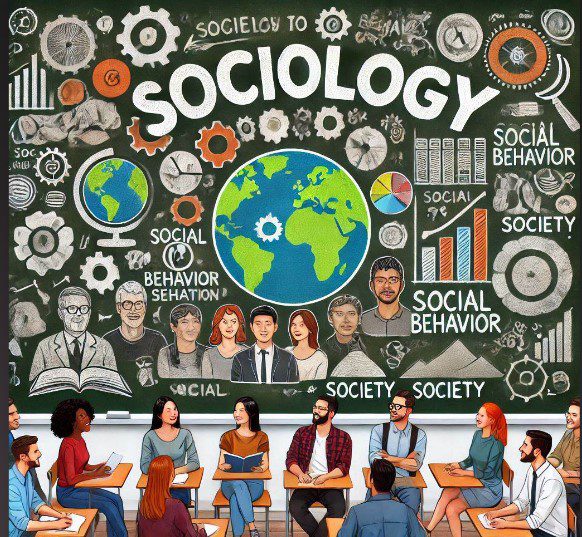Social institutions serve as the backbone of society, influencing nearly every aspect of individual behavior. From guiding moral values to shaping societal norms, these structures play a pivotal role in how individuals interact with the world around them. This article explores the ways in which family, education, religion, government, and economy influence personal actions and collective behavior.
Understanding Social Institutions
Social institutions are organized systems of beliefs, norms, and relationships that address societal needs and guide individual behavior. They provide structure, continuity, and a sense of belonging, ensuring the stability of communities.
Key Characteristics:
- Formal and informal roles.
- Established norms and expectations.
- Interconnection with other institutions.
Key Types of Social Institutions
Each social institution influences individuals in distinct ways:
- Family: The foundation of early socialization and emotional development.
- Education: A platform for learning, skill development, and cultural transmission.
- Religion: A moral compass that fosters a sense of purpose and community.
- Government: A structure for societal order and the enforcement of laws.
- Economy: A system dictating work culture, material well-being, and consumer behavior.
Family’s Role in Shaping Behavior
The family is often the primary agent of socialization. It molds behavior through:
- Parenting Styles: Authoritative, permissive, and authoritarian parenting impact emotional resilience and decision-making.
- Cultural Transmission: Traditions, language, and values are passed down.
- Emotional Support: Families provide stability and guidance during crises.
Education’s Role in Social Development
Educational institutions shape behavior by:
- Instilling discipline and responsibility.
- Fostering peer influence, which can encourage cooperation or competition.
- Transmitting cultural and societal norms, ensuring continuity across generations.
Religious Influence on Individual Values
Religion impacts behavior by:
- Offering a framework for ethical decision-making.
- Encouraging community engagement through rituals and social activities.
- Differing across cultures, which influences the degree of its impact.
Government’s Role in Shaping Behavior
Governments influence individuals through:
- Laws and Regulations: Establishing acceptable behavior within societies.
- Civic Responsibilities: Encouraging participation in democracy.
- Political Ideologies: Shaping perspectives on governance and societal roles.
Economic Systems and Behavior
The economy affects behavior through:
- Work Culture: Influences identity and time management.
- Economic Disparities: Dictates access to opportunities.
- Consumerism: Shapes priorities and lifestyle choices.
Interrelation Between Social Institutions
Social institutions do not operate in isolation. For example:
- Families rely on education systems to teach children.
- Governments regulate economies to ensure stability.
- Religion often influences moral education in schools.
Cultural Variation in Social Institutions
Culture significantly shapes the function and influence of institutions. For instance:
- Family structures vary between nuclear and extended models.
- Religious beliefs differ, impacting societal norms.
- Economic practices reflect regional priorities and histories.
Challenges Posed by Social Institutions
While institutions bring stability, they can also perpetuate challenges:
- Gender Inequality: Traditional roles can hinder progress.
- Economic Barriers: Institutions sometimes maintain the status quo.
- Political Exploitation: Misuse of power disrupts trust and accountability.
Modern Transformations in Social Institutions
Social institutions are evolving in response to technological and societal changes:
- Family Dynamics: Single-parent households and cohabitation are more common.
- Education Technology: Online learning is redefining traditional classrooms.
- Secularization: A growing number of people identify as non-religious.
Influence of Social Media as a Modern Institution
Social media functions as a modern institution, influencing behavior by:
- Connecting individuals across cultures.
- Shaping identity and perceptions.
- Spreading misinformation, which requires critical evaluation.
Balancing Institutional Influence with Individual Freedom
Individuals must critically evaluate institutional norms to ensure personal growth while contributing to societal progress. Reforming outdated practices and fostering inclusivity can balance tradition with modernity.
Future of Social Institutions and Individual Behavior
As technology and globalization continue to reshape societies, institutions will adapt to meet new challenges. Emerging trends include AI in governance, personalized education, and universal economic reforms.
Frequently Asked Questions (FAQs)
1. How do social institutions influence personal identity?
Social institutions shape identity through cultural norms, values, and societal expectations.
2. Why is the family considered the most influential institution?
Families provide the foundation for emotional, moral, and social development.
3. How does education shape individual behavior?
Education instills discipline, critical thinking, and societal values in individuals.
4. What role does religion play in societal values?
Religion provides ethical frameworks, community engagement, and a sense of purpose.
5. How do economic systems affect personal choices?
Economic structures influence access to resources, work culture, and lifestyle priorities.
6. Can institutions adapt to modern challenges?
Yes, institutions are evolving with technological advancements and societal shifts, ensuring relevance in modern contexts.
Societyopedia, A well known platform for the Social Sciences


